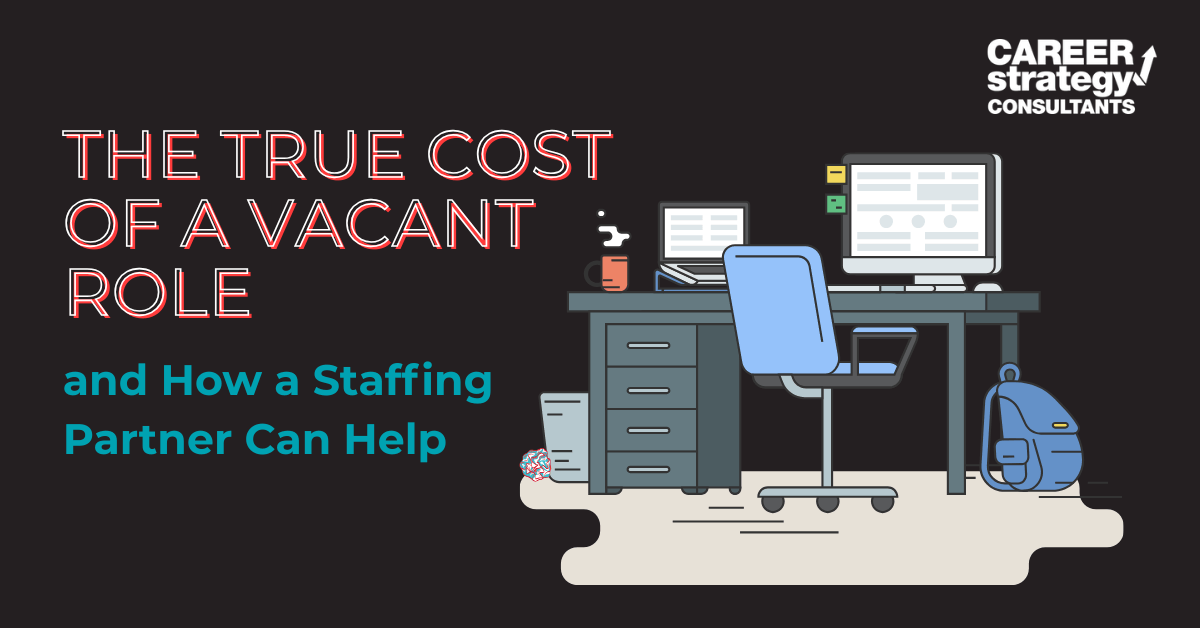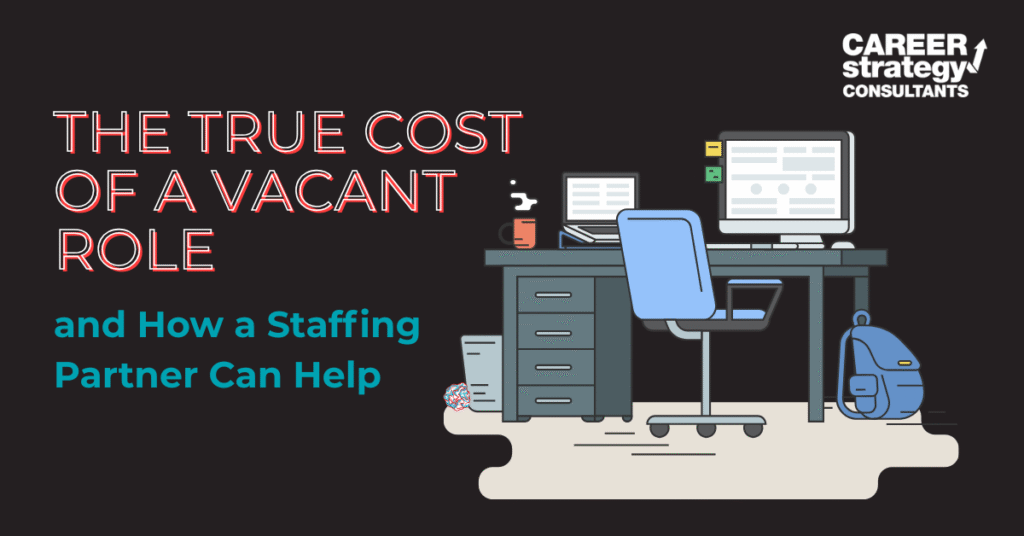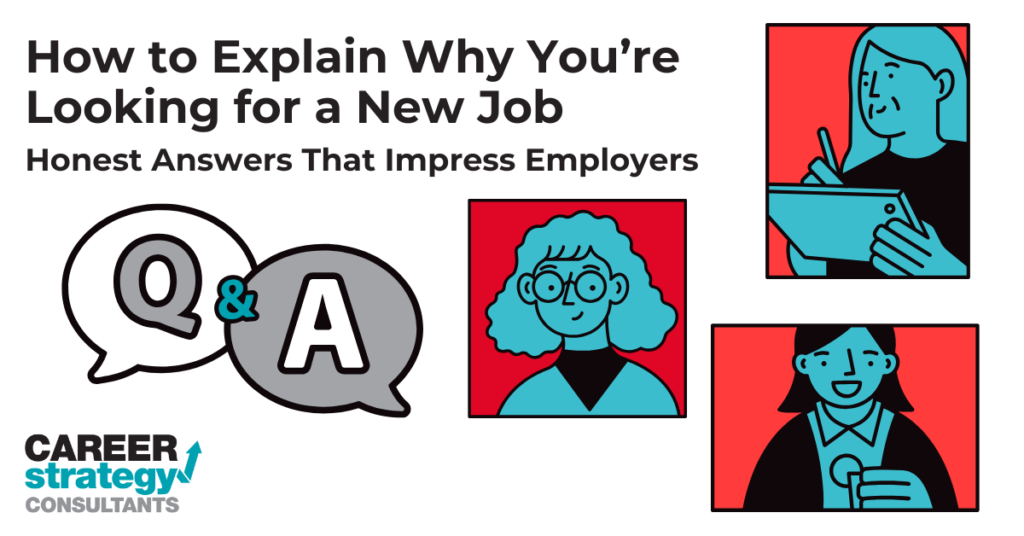How Long Should Hiring Take? Benchmarks by Industry

Hiring the right person is important, but taking too long to do it could cost you the right candidate altogether.
While it’s important to be thorough, a drawn-out hiring process often leads to losing top talent, increased internal pressure on existing staff, and ultimately, missed revenue or productivity.
At Career Strategy Consultants, we help companies hire faster without sacrificing quality. In this blog, we’re breaking down realistic hiring timelines by industry, the risks of a slow hiring process, and how partnering with a recruiting firm can save your team time, energy, and money.
Industry Benchmarks: How Long Should It Take to Hire?
While timelines vary based on role and market conditions, here are common benchmarks across key industries:
Industry | Average Time to Hire |
Manufacturing & Skilled Trades | 21–28 days |
Engineering & Technical Roles | 30–45 days |
EHS & Safety Positions | 25–35 days |
Human Resources & Corporate | 30–40 days |
Executive-Level or Niche Roles | 45–60+ days |
Note: These are averages, not targets. Companies that move faster typically secure stronger candidates with less competition.
Why Long Hiring Timelines Hurt Your Business
Even with good intentions, a slow process creates serious downsides:
- Top candidates drop off (especially if they’re interviewing elsewhere)
- Teams are overworked, leading to burnout and turnover
- Projects stall, deadlines slip, and revenue is delayed
- Hiring managers lose momentum or interest
- The candidate experience suffers, damaging your employer brand
💡 A $70K vacancy left open for 6 weeks can cost you up to $15,000 in lost productivity and team stress.
Hiring Best Practices to Speed Up the Process
Here’s how to tighten your timeline without rushing the decision:
- Clarify the role before posting
Avoid mid-process rewrites or role confusion. Define must-haves vs. nice-to-haves before you go to market.
- Limit interview rounds
3 rounds (max) is a good rule of thumb for mid-level roles. Additional layers only slow momentum.
- Block time in advance
Pre-schedule interview slots with your team so you can move quickly when the right candidate comes along.
- Stay in communication
Keep candidates informed of timelines, next steps, and feedback. Silence often leads to drop-off.
How a Staffing Partner Speeds Up Hiring
When you partner with Career Strategy Consultants, we do the heavy lifting so your team doesn’t have to. We help you:
✅ Cut time-to-hire in half with pre-vetted, ready-to-interview candidates
✅ Maintain candidate engagement from first contact through offer
✅ Protect your team’s time by handling sourcing, screening, scheduling, and follow-up
✅ Get expert insight into market benchmarks, compensation, and candidate expectations
Don’t Let a Slow Process Cost You the Right Hire
The best candidates don’t wait around, and in today’s market, speed matters.
At Career Strategy Consultants, we specialize in helping companies across manufacturing, engineering, accounting & finance, HR, and executive-level hiring move quickly and confidently. We’re not just saving you time, we’re improving outcomes.
Need to Speed Up Your Hiring Process?
Let’s work together to reduce your time to hire and secure the talent your business needs, before your competitors do.
📩 Contact Career Strategy Consultants today to start hiring faster, smarter, and more effectively.
Contact Us: Career Strategy Consultants | 740-325-1151 | info@careerstrategyinc.com

More Than Just Staffing
For Employers
For Individuals



















